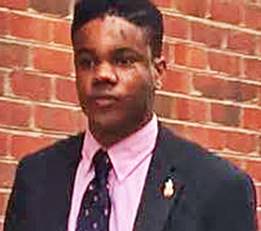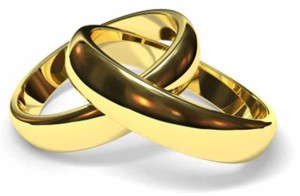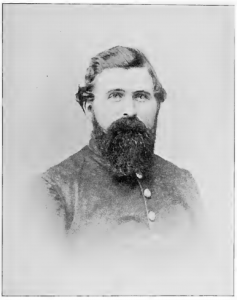We beat up a black student in Virginia – an honor student.
We hung a black man in Mississippi – his feet floating 2-3 feet off the ground.
And we’ve got a local Leesburg councilman from Loudoun County who doesn’t see the point of a diversity commission because Jesus freed the slaves and Jesus would have told us to create such a diversity commission if we really needed one. (Listen to what he said – https://youtu.be/Texh0_bjvLk )
Well we need more than a commission in America – and a lot smarter thinking public officials than our local councilman.
Sure, it rubs some people wrong to say “we” – you and I – beat up or hung someone. But our society’s sins of omission make us all responsible for these vile acts in Virginia and Mississippi and in Staten Island in New York and elsewhere, symptomatic of this nation’s historically “uneasy” association with slavery and discrimination, re-emerging more visibly and offensively in recent days.
The failure to act makes us all accomplices after the fact. John Donne once wrote, “No man is an island, entire of itself” because we are “involved in mankind.” Another way to put it is – a bad man is a good man’s problem – and we have our work cut out for us these days. Continue reading




